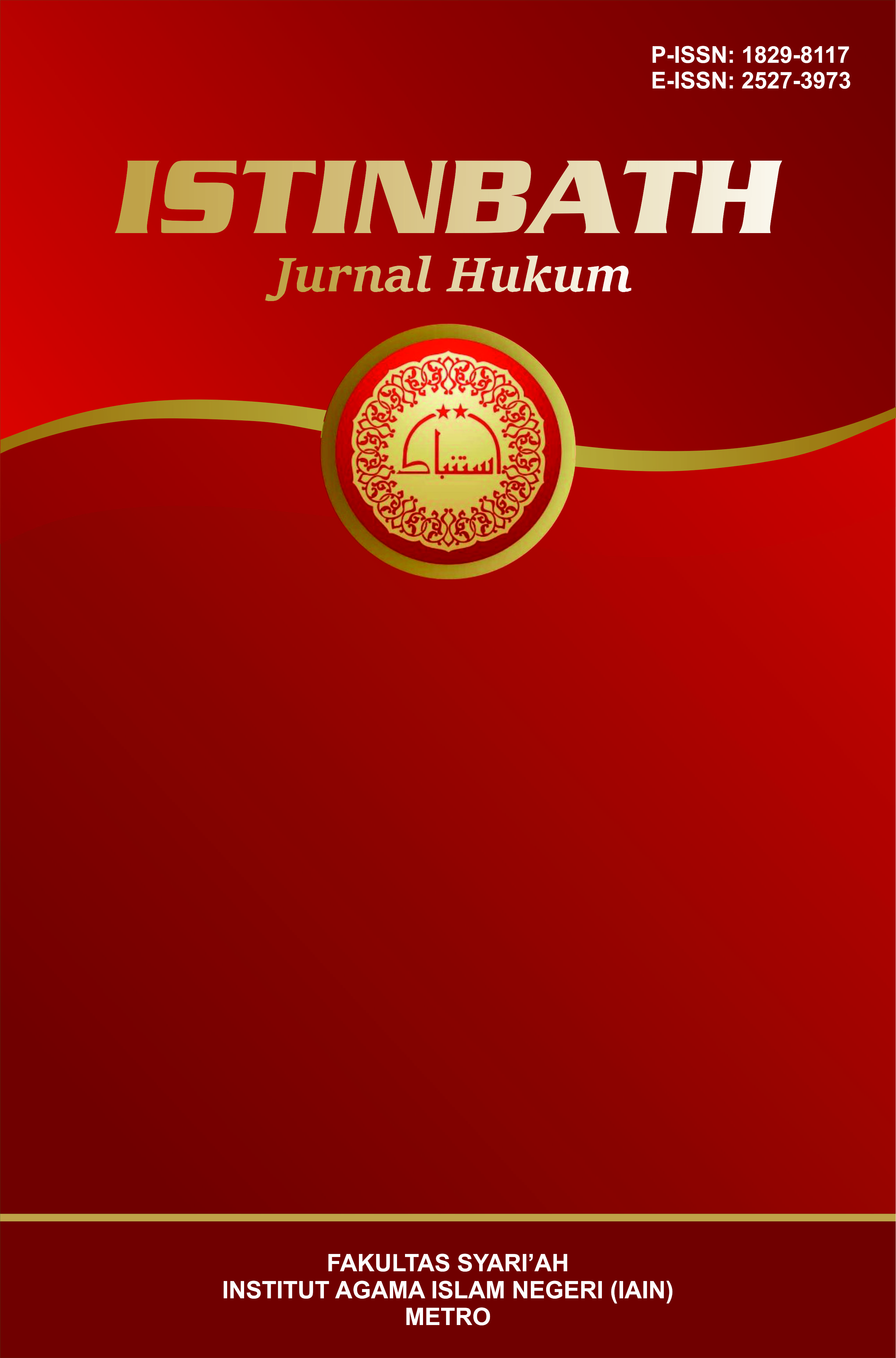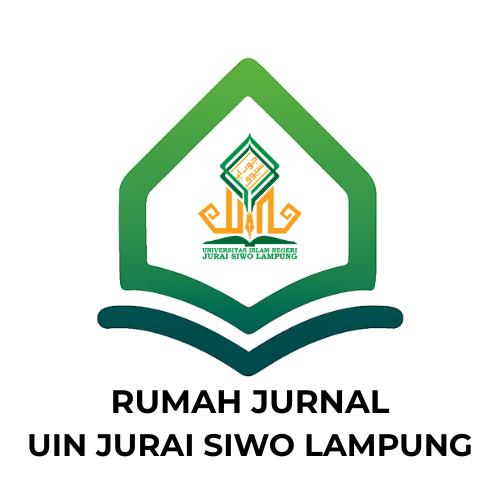Problematika Penyaluran Zakat Produktif Di BAZNAS Kota Gorontalo
DOI:
https://doi.org/10.32332/istinbath.v17i2.2663Keywords:
Problems, Distribution, Productive Zakat, Baznaz Kota GorontaloAbstract
This study aims to determine the productive zakat distribution system and the problems encountered in the productive zakat distribution system in BAZNAS Gorontalo city. This research is a qualitative field research. The target informants are BAZNAS and recipients of productive zakat assistance. Collecting data using the method of observation, interviews, and documentation. While the analysis uses qualitative analysis (non-statistical) which is descriptive qualitative. The results show that the productive zakat distribution system at BAZNAS includes: zakat allocation procedures, mustahik selection systems and zakat determination, muzakki and mustahik information systems, as well as documentation and reporting systems. There are two problems with the productive zakat distribution system, First, the mustahik determination system is not right on target, BAZNAS only relies on data from the village, and in providing information to mustahik, BAZNAS does not directly meet the mustahik candidates but only informs the neighbors . This seems to contain elements of nepotism. Second, in the distribution of goods by BAZNAS to the selected mustahik, there are types of goods in the form of cigarettes which are haraam by the third MUI fatwa in 2009. This is certainly not in accordance with the provisions of zakat which is a means to achieve the benefit of the people. As an implication, BAZNAS in its efforts to assist the government in eradicating poverty in Gorontalo City is expected to be really observant in determining mustahik by going down and being directly involved in selecting candidates for mustahik and not only based on data from the village.













